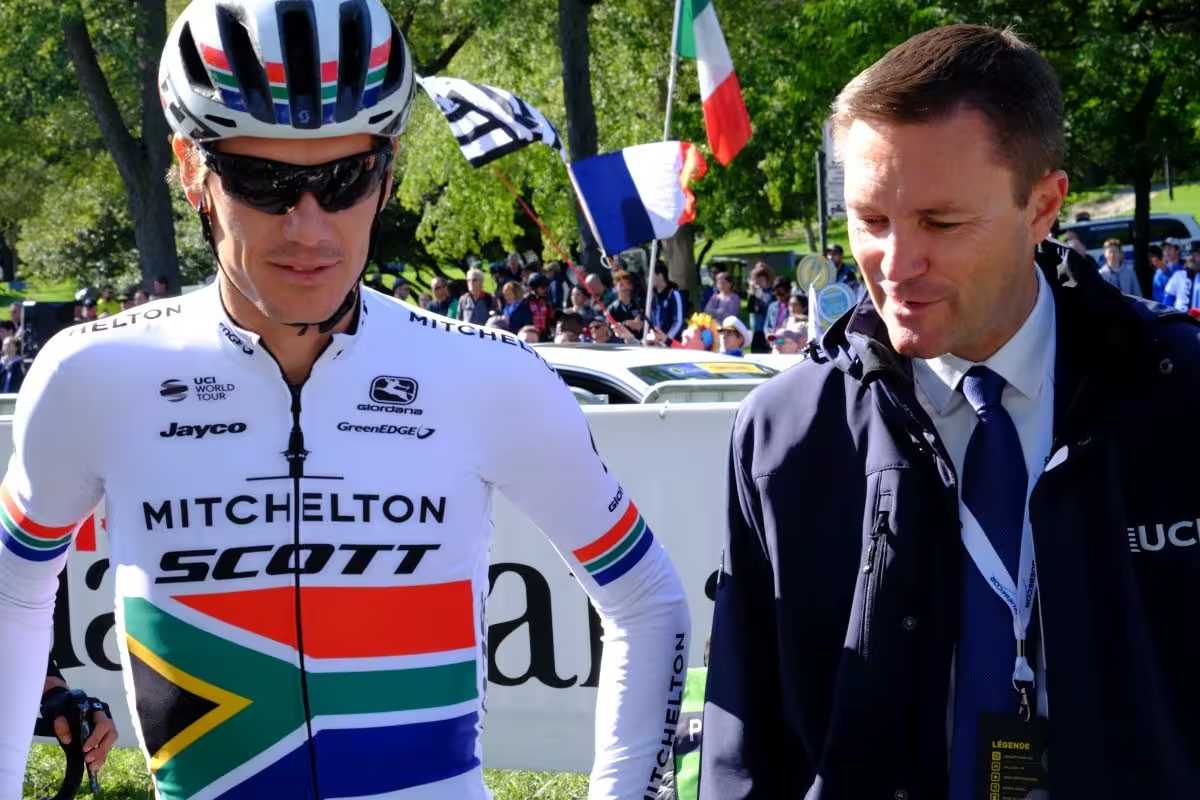UCI President David Lappartient is among the candidates considered for the role of International Olympic Committee (IOC) president, according to France24. The 51-year-old Frenchman has led the Union Cycliste Internationale (UCI) since September 2017 and was elected to the IOC for an eight-year term in February 2022.
UCI proposes cash for whistleblowers’ motor doping intel at Tour
Election to take place in March 2025
Lappartient, along with Sebastian Coe and Zimbabwe’s Sports Minister Kirsty Coventry, is vying for the IOC presidency, with the election set for March 2025 in Olympia, Greece. Coe, former head of the 2012 London Olympics and current World Athletics chief, joined the IOC in 2020. Coventry, the only female candidate and Zimbabwe’s most decorated Olympian, could become the first female and African president. Other candidates include Johan Eliasch, Prince Feisal Al Hussein, Juan Antonio Samaranch Jr., and Morinari Watanabe. Current president Thomas Bach is stepping down after 12 years. The presidency involves an eight-year term with a potential four-year extension.
A spirited time during his tenure
Lappartient’s tenure has not been without controversy. He has made headlines for his comments on disc brakes following a series of crashes in professional cycling. In an interview with AFP, he suggested that equipment issues, including disc brakes, might contribute to accidents, though he also acknowledged that rider behaviour plays a role.
UCI boss responds to rider safety criticism: ‘That’s fake news’
In August 2024, Lappartient introduced a yellow and red card system to discipline riders who break race rules. He also announced SafeR, a new initiative launched in collaboration with cyclists, teams, organizers, and stakeholders to enhance safety in professional road cycling.
Additionally, in August, Lappartient responded to criticism from Richard Plugge of Visma – Lease a Bike, who blamed the UCI’s radio ban for a delayed medical response after a crash at the Tour de Pologne. Lappartient refuted these claims, asserting that the crashes were not related to the radio ban and reaffirming that rider safety is the UCI’s priority. He accused Plugge of spreading misinformation and emphasized that the radio ban aims to improve race safety rather than impede it.
Click Here to Read the Full Original Article at Canadian Cycling Magazine…

